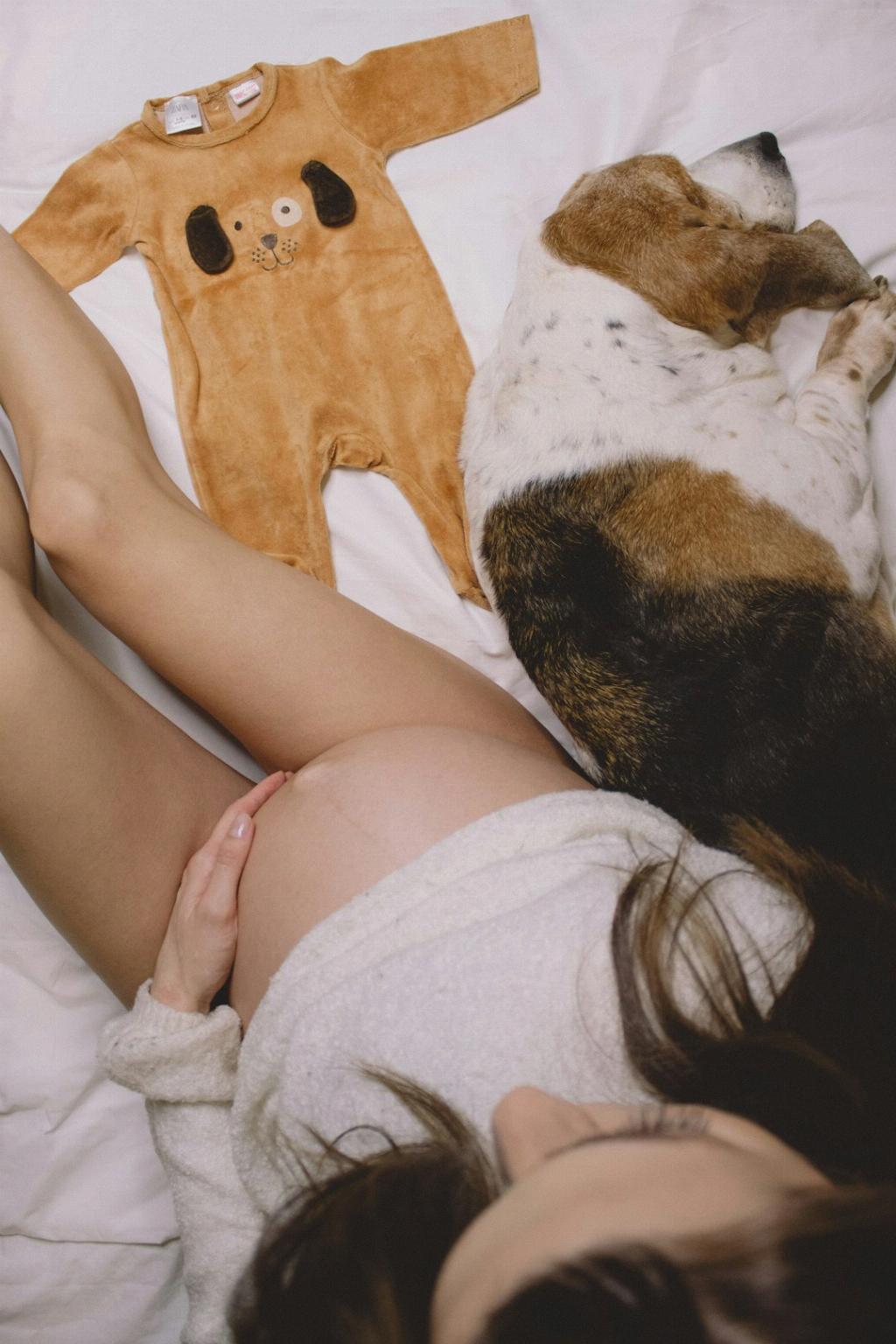As women age, their fertility naturally decreases, making the prospect of getting pregnant after the age of 50 more challenging. While pregnancy is still possible, the chances diminish significantly compared to younger ages.
Statistics show that for women between the ages of 40-44, the likelihood of getting pregnant without the use of contraception is around 20% after a year of regular sexual activity. However, as women reach the ages of 45-50, this percentage drops to approximately 10%, indicating a decline in fertility during this period.
Once women pass the age of 50, the probability of natural pregnancy decreases even further. The chances of conceiving naturally at this stage are significantly lower, highlighting the impact of age on reproductive capabilities.
By the time women surpass the age of 55, the likelihood of becoming pregnant naturally is minimal, prompting many women to cease the use of contraception due to the low probability of conception at this stage in life.
Factors such as hormonal changes, decreased egg quality, and the onset of menopause contribute to the decrease in fertility as women age. These biological factors play a crucial role in determining the chances of natural pregnancy after the age of 50.
While advancements in assisted reproductive technologies offer options for women seeking to conceive at later stages in life, natural pregnancy after the age of 50 remains a rare occurrence due to the biological limitations associated with aging.
Medical professionals often advise women over the age of 50 who desire to conceive to explore alternative options such as egg donation or in vitro fertilization (IVF) to increase the likelihood of successful pregnancy.
It is essential for women considering pregnancy after the age of 50 to consult with fertility specialists to assess their reproductive health and explore the available options tailored to their individual circumstances.
While each woman’s fertility journey is unique, understanding the statistical probabilities of natural pregnancy after 50 can help individuals make informed decisions regarding family planning and reproductive choices.
Despite the challenges associated with conceiving naturally at an older age, many women have successfully achieved pregnancy through assisted reproductive techniques, highlighting the advancements in fertility treatments that offer hope to those pursuing parenthood later in life.
Overall, while the chances of natural pregnancy after 50 are relatively low, it is important for individuals to consider all available options and seek guidance from medical professionals to navigate the complexities of fertility and family planning in later stages of life.
By understanding the biological factors influencing fertility and staying informed about the possibilities and limitations of conceiving naturally after the age of 50, women can make empowered decisions regarding their reproductive journey.

